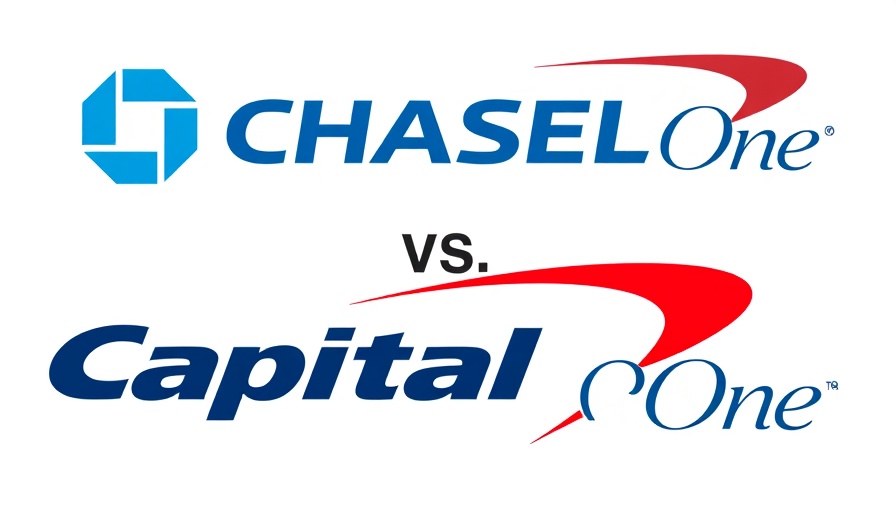
Choosing Between Chase and Capital One for Business Checking
In the evolving landscape of business banking, small business owners often find themselves weighing the advantages of various financial institutions. Chase and Capital One stand out as popular choices, each offering unique benefits tailored to different business needs. Knowing how to align your banking choice with your business strategy can significantly impact your bottom line.
Branch Availability and Accessibility
One of the major factors that differentiate Chase from Capital One is branch accessibility. Chase boasts a robust network of branches across the continental United States—more than 4,700 locations—making it the go-to for entrepreneurs who prefer face-to-face banking. This convenience is particularly beneficial for those who need immediate assistance or financial advice without navigating online options.
Cost Considerations
On the other hand, Capital One caters to the cost-conscious business owner. With lower fees for excess cash deposits and free automated clearing house (ACH) transactions, Capital One is ideal for businesses looking to minimize their banking costs. This suite of financial products not only saves money but can improve cash flow—an essential factor for any business.
Business Growth Support
When choosing a banking partner, it’s crucial to consider future growth. Both banks offer online account management, but Chase’s extensive suite of financial services may facilitate a smoother scaling process. With options for business credit cards, loans, and investment solutions, Chase provides a comprehensive banking experience. Meanwhile, Capital One focuses on basic banking operations that might serve startups in their formative cash-strapped stages well, but may limit your options as your business expands.
Card Management Features
In today’s digital economy, managing team expenses can be challenging. Here, Capital One shines with features that allow you to issue virtual or physical debit cards for team members. This ensures better expense tracking and fraud protection, making it especially appealing for businesses with multiple employees making purchases.
Conclusion
Choosing between Chase and Capital One for business checking depends on various factors, including your business model and future growth plans. By weighing the strengths of each bank, small business owners can make informed decisions that align with their financial needs and objectives. Whether it's comprehensive support from Chase or cost-effectiveness from Capital One, understanding what's at stake can lead to smarter financial choices.
 Add Row
Add Row  Add
Add 




Write A Comment